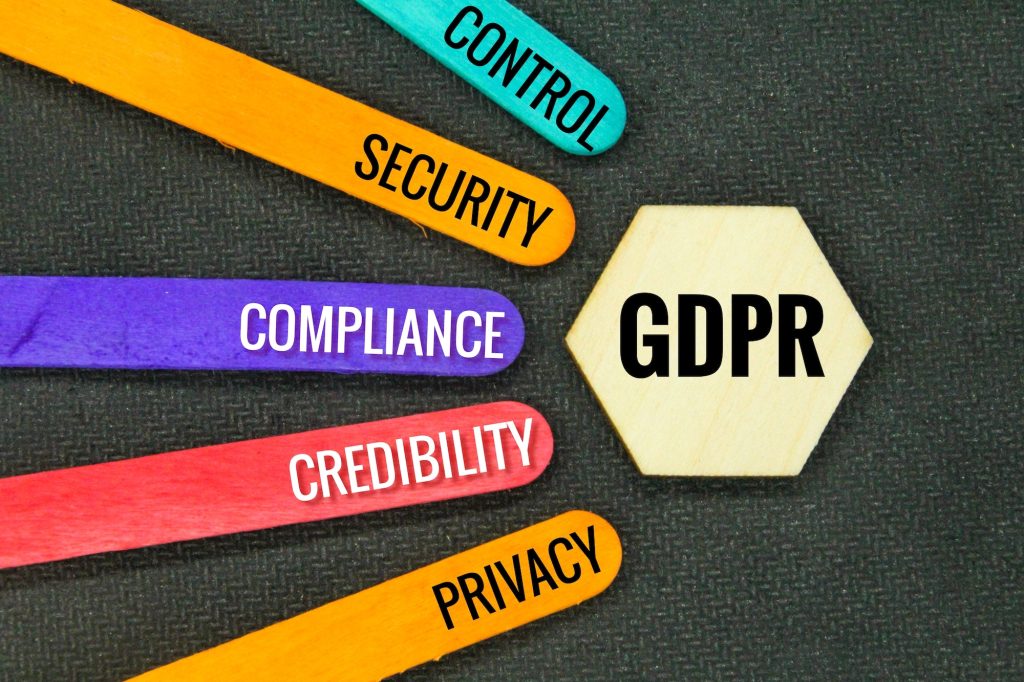
Data is constantly collected, stored, and analyzed, from personal information to financial records. However, increased reliance on data comes with a heightened need for privacy and security. This is where the General Data Protection Regulation (GDPR) comes into play.
The GDPR is a regulation enacted by the European Union (EU) in 2018 to protect EU citizens’ privacy and personal data. It applies to businesses within the EU and any organization that processes or stores data of EU residents. The regulation aims to give individuals more control over their personal information while ensuring that organizations handle this data responsibly.
Understanding data privacy and GDPR compliance is crucial for several reasons. Firstly, it helps protect individuals’ fundamental rights to privacy and control over their personal information. In an era where cybercrime is on the rise, unauthorized access or misuse of personal data can lead to identity theft, financial fraud, or other forms of harm. By complying with GDPR, organizations must implement robust security measures and obtain consent from individuals before collecting or processing their data.
Secondly, understanding GDPR compliance fosters trust between organizations and their customers or clients. When individuals know their personal information will be handled securely and transparently, they are more likely to engage with businesses online without fear of compromised privacy. This trust can lead to increased customer loyalty and a positive brand reputation.
GDPR compliance significantly impacts global business operations beyond the EU market. As mentioned earlier, any organization that handles EU citizens’ data must comply with these regulations regardless of location. This means non-EU companies must adapt their practices to operate in the European market or interact with EU residents online.
Failure to comply with GDPR can result in severe consequences for organizations. Non-compliance can lead to hefty fines, reaching up to 4% of a company’s annual global turnover or €20 million, whichever is higher. These penalties are designed to hold organizations accountable for mishandling personal data and serve as a deterrent against negligence or intentional misuse.
To ensure GDPR compliance, organizations must implement several measures. They must conduct data protection impact assessments to identify and address potential risks associated with data processing activities. Additionally, they must appoint a Data Protection Officer (DPO) responsible for overseeing compliance efforts and acting as a point of contact for individuals whose data is being processed.
Understanding data privacy and GDPR compliance is essential in today’s digital landscape. It protects individuals’ rights and fosters trust between businesses and their customers. Compliance with GDPR is not only necessary for EU-based companies but also for any organization that handles the personal information of EU residents. By prioritizing data privacy and implementing robust security measures, organizations can navigate the evolving landscape of data protection while ensuring the safety and trust of their customers.
